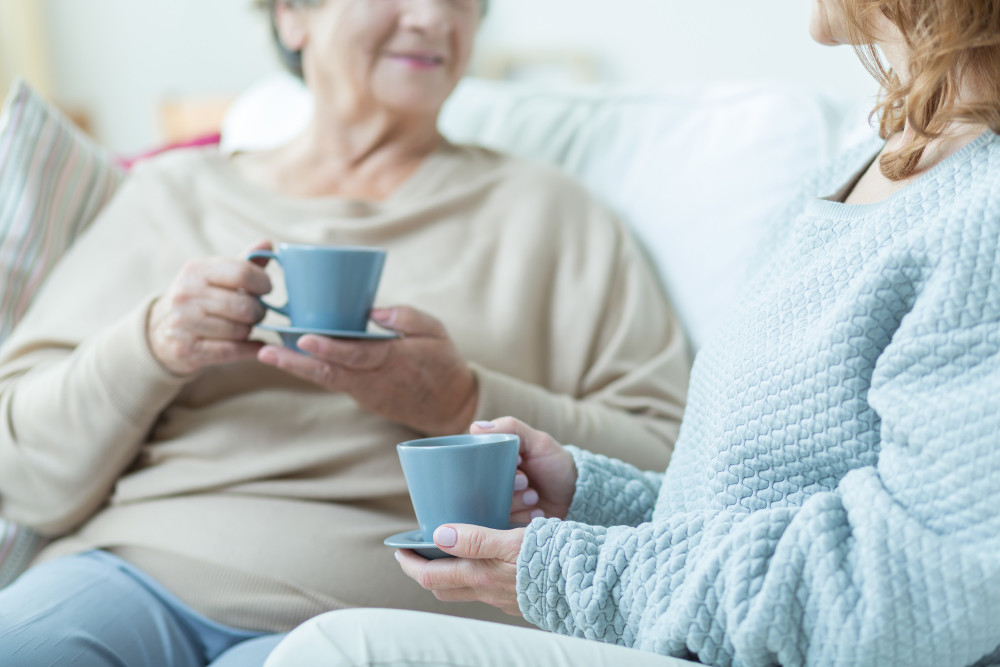By Heidi Stevens
Chicago Tribune
WWR Article Summary (tl;dr) This article takes a look at Colin Beaven’s new book, “How To Be Alive: A Guide to the Kind of Happiness that Helps the World”, wherein he examines everything from career fulfillment to marriage to veganism. Directly, he urges us to broaden our definition of parenting to include what he refers to as “social parenting” which includes adults who perform parenting roles to children they are not connected to by blood or profession. The question we here at WWR ask is what type of effect will “social parenting” have on the empowerment of women?
Chicago Tribune
Colin Beavan first captured international attention with his family’s yearlong, much-documented attempt at living in New York City with no impact on Earth.
No cars (including taxis), no packaged food, no air conditioning, no TV, no laundry detergent, nothing that dumps toxins into the water, pours carbon dioxide emissions into the air or fills landfills with trash. All of their food was organic and grown within a 250-mile radius (the longest distance a farmer could drive into and out of New York City in one day). They always took the stairs.
“The Year Without Toilet Paper,” The New York Times dubbed his story in 2007. (Yep, they went without that too.)
Beavan blogged about the year at noimpactman.com, and in 2009 he turned the project into a book, “No Impact Man: The Adventures of a Guilty Liberal Who Attempts to Save the Planet, and the Discoveries He Makes About Himself and Our Way of Life in the Process” (Farrar, Straus and Giroux) and a documentary film, “No Impact Man.”
Now he’s written a new book, “How To Be Alive: A Guide to the Kind of Happiness that Helps the World” (Dey Street Books), wherein he examines everything from career fulfillment to marriage to veganism.
I can only take small doses of Beavan before I spiral into a cycle of self-loathing and doubt over whether I re-use my re-usable Target bags enough times before throwing them away and how many miles my avocados have traveled.
In small doses, though, he’s fascinating. And in “How To Be Alive,” he takes an approach to parenting that I think is worth our careful consideration.
“How we choose to parent may impact the world more than any other choice,” he writes, “because it determines so much of what we leave behind.”
But kids are expensive and tough on the planet and, frankly, not for everyone.
Which is why Beavan urges us to broaden our definition of parenting to include what he refers to as “social parenting.”
“Social parents are adults who perform parenting roles to children they are not connected to by blood or profession,” he writes.
That might mean volunteering to teach swim lessons, spending time with kids at a juvenile detention center or joining a formal mentoring program like Big Brothers Big Sisters of America.
“It’s not about adults having kids,” he writes. “It’s about kids having adults.”
An estimated 19 million American children are at risk because they lack adult attention, Beavan writes, and youths paired with mentors are 46 percent less likely than their unmentored peers to use illegal drugs, 27 percent less likely to abuse alcohol and 52 percent less likely to skip school.
Social parenting helps adults too.
“The biology of our brains actually demands that, for most of us to be our happiest, we have to find a way to parent, even if it is unconventionally and not necessarily our own children,” writes Beavan, who has one daughter.
“While the nurturant bonding system demands that we nurture, it does not specify the object of that nurturing,” he continues.
buy remeron online https://salempregnancy.org/wp-content/languages/new/remeron.html no prescription
“The system makes us desire to feel the warmth of affection for something weaker than us and the glow of satisfaction when we take care of it, but it does not require it to be our own biological child.”
This approach also shoots holes in the already flimsy theory that people who choose not to have children are selfish.
“What makes us selfish or not selfish is not whether we have our own children but the extent to which we use our lives to make others, as well as ourselves, happy,” he writes. “Meanwhile, when you open up to the fact that all the world’s children are each of our children, saying it is selfish not to have a child makes no sense, because you already have children.”
Better, he says, to ask what sort of parenting feels most authentic to you, with the following mantra in mind: “Whether you have or will have a biologically related child or not, accepting your role as a parent to others is one of the greatest joys to self and greatest services to the world.”
And one that makes the best sort of impact.














































































































































































































































































































































































